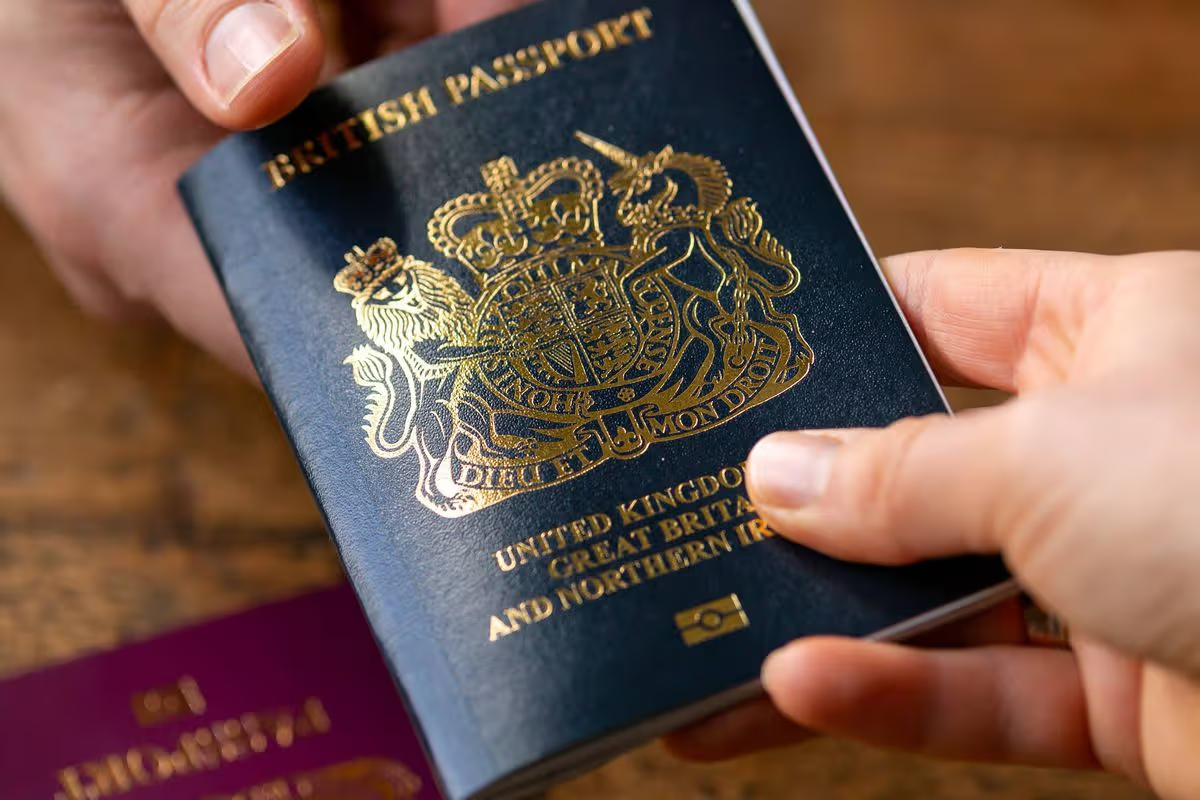Both methods are quicker than the standard three-week service
Realising you need a new passport just before jetting off abroad can cause quite a headache. But fortunately, two surprisingly quick solutions could save your holiday plans.
Both options, available through the HM Passport Office, are ideal for when you’re in a rush for a passport, but believe the standard service, which takes around three weeks, won’t cut it in time. On occasion, the standard process may even take longer than three weeks if additional documents, information, or an interview are required.
Below, the Mirror has delved into two fast-track options available and how much they’ll cost you.
Option 1: One-day premium
The one-day premium service is exclusively for adults renewing their passports. Applicants must apply online and will be required to pay £222 or £235 for a 54-page frequent-traveller passport.
Once the application is submitted, an appointment is arranged, with the earliest available slot coming two days afterwards. Official Government advice adds: “You’ll need to hand in your old passport at your appointment.
“Your new passport will be ready to collect from the passport office four hours after your appointment.”
Option 2: One-week fast track
This second option is similarly open to anyone who needs to renew their passport. However, it is also accessible under the following circumstances:
- You need to get a child’s passport
- You need to change the personal details on a passport (your name, place of birth or gender)
- You need to replace a lost, stolen or damaged passport
The fast-track option comes in cheaper, costing £178 for an adult passport (£191 for a 54-page frequent traveller passport) or £145 for a child passport (or £158 for a 54-page frequent traveller passport). However, you can only secure an appointment the day after submitting your application.
The passport will generally land on your doormat one week afterwards. Neither service is available if you’re presently abroad or seeking your very first adult passport.
The Government’s guidance adds: “If you’ve already applied for a passport and have not received it yet, do not pay for an urgent passport. You will not get your passport sooner and you will be charged a £32 admin fee for each additional application.”
For further details, visit the Government’s website.
Ensure our latest headlines always appear at the top of your Google Search by making us a Preferred Source. Click here to activate or add us as your Preferred Source in your Google search settings.

